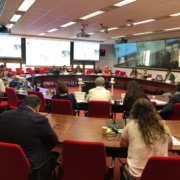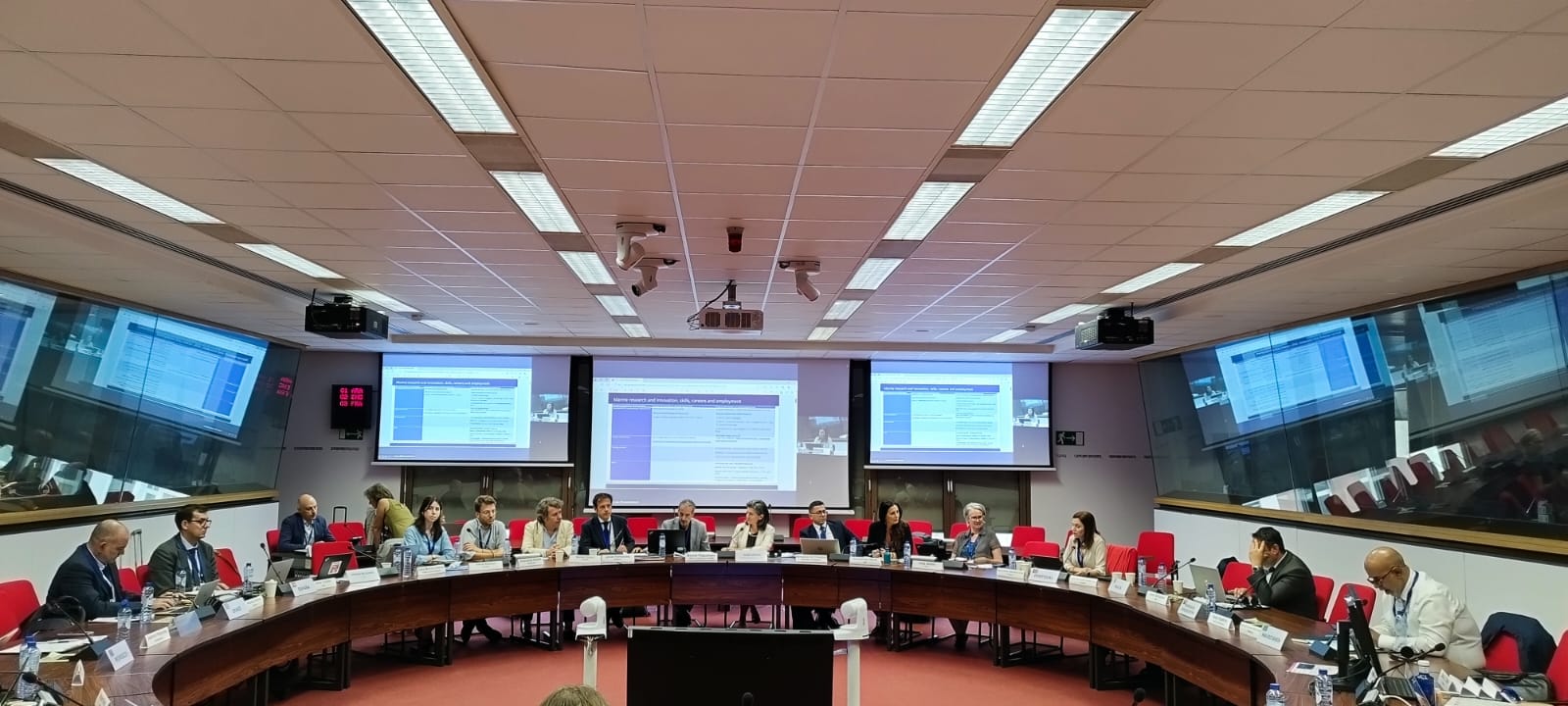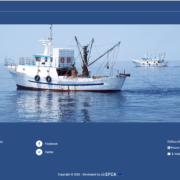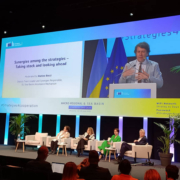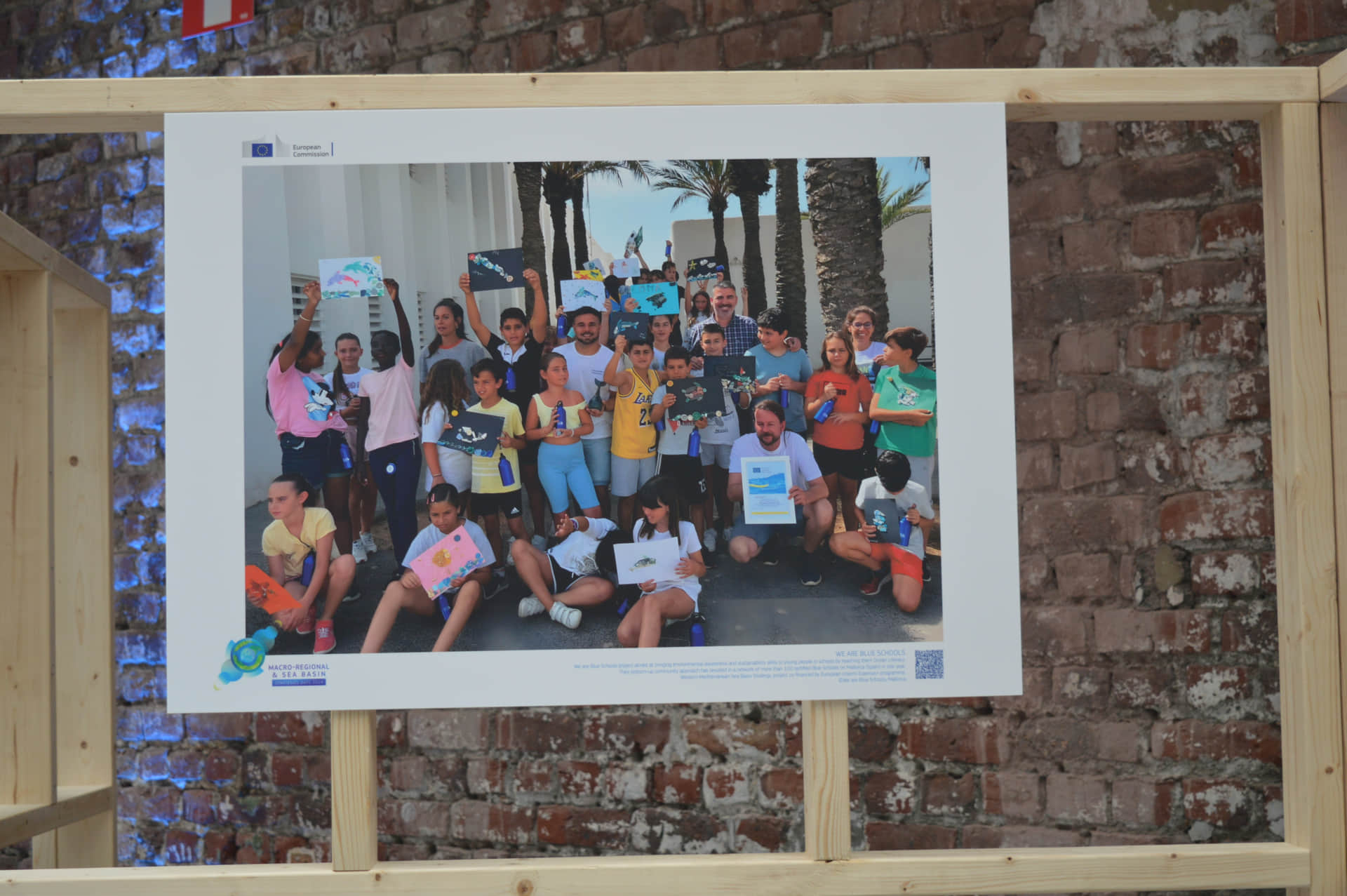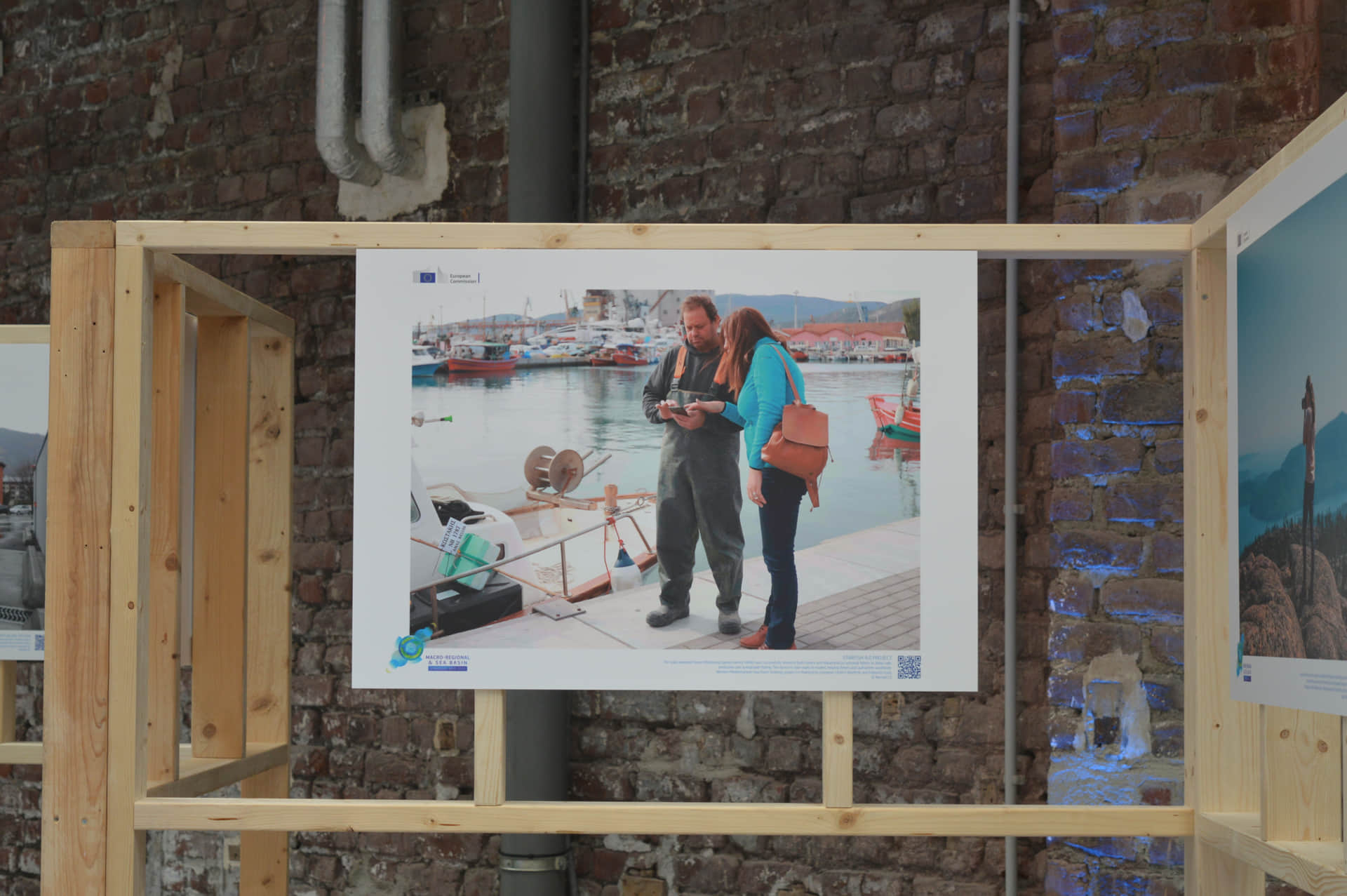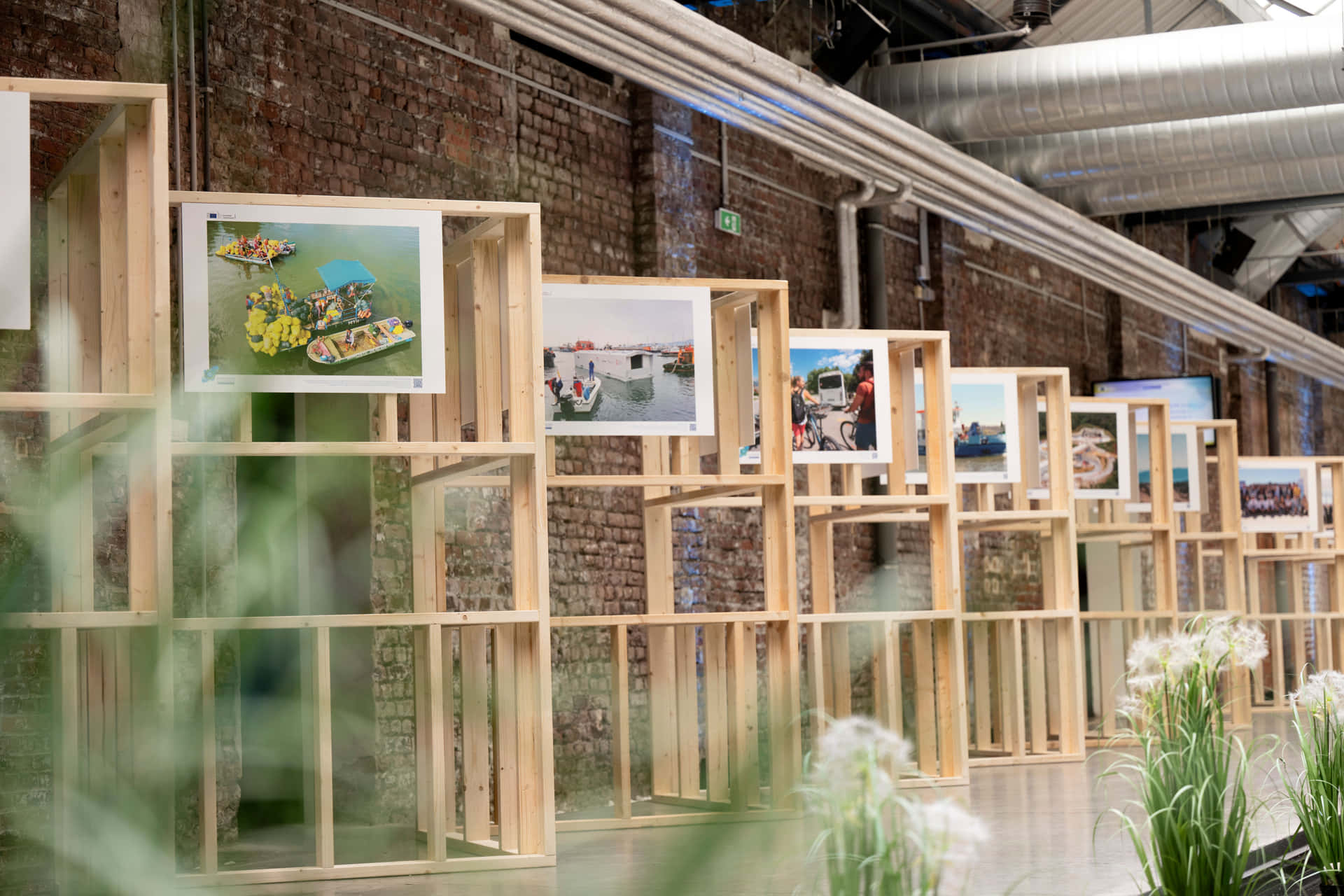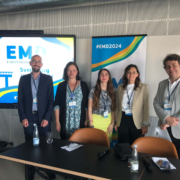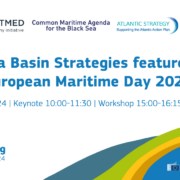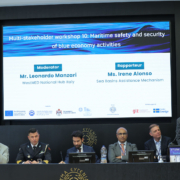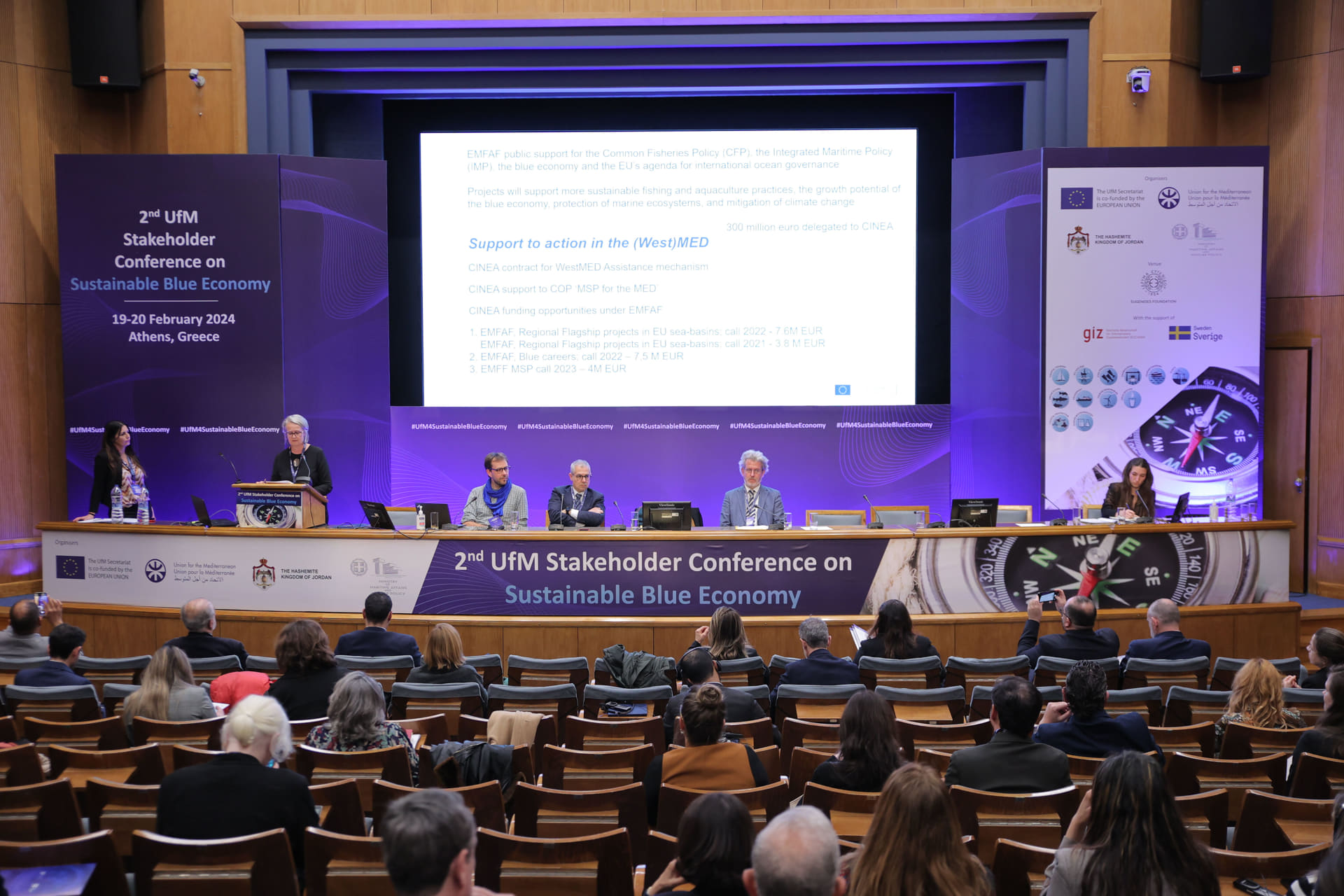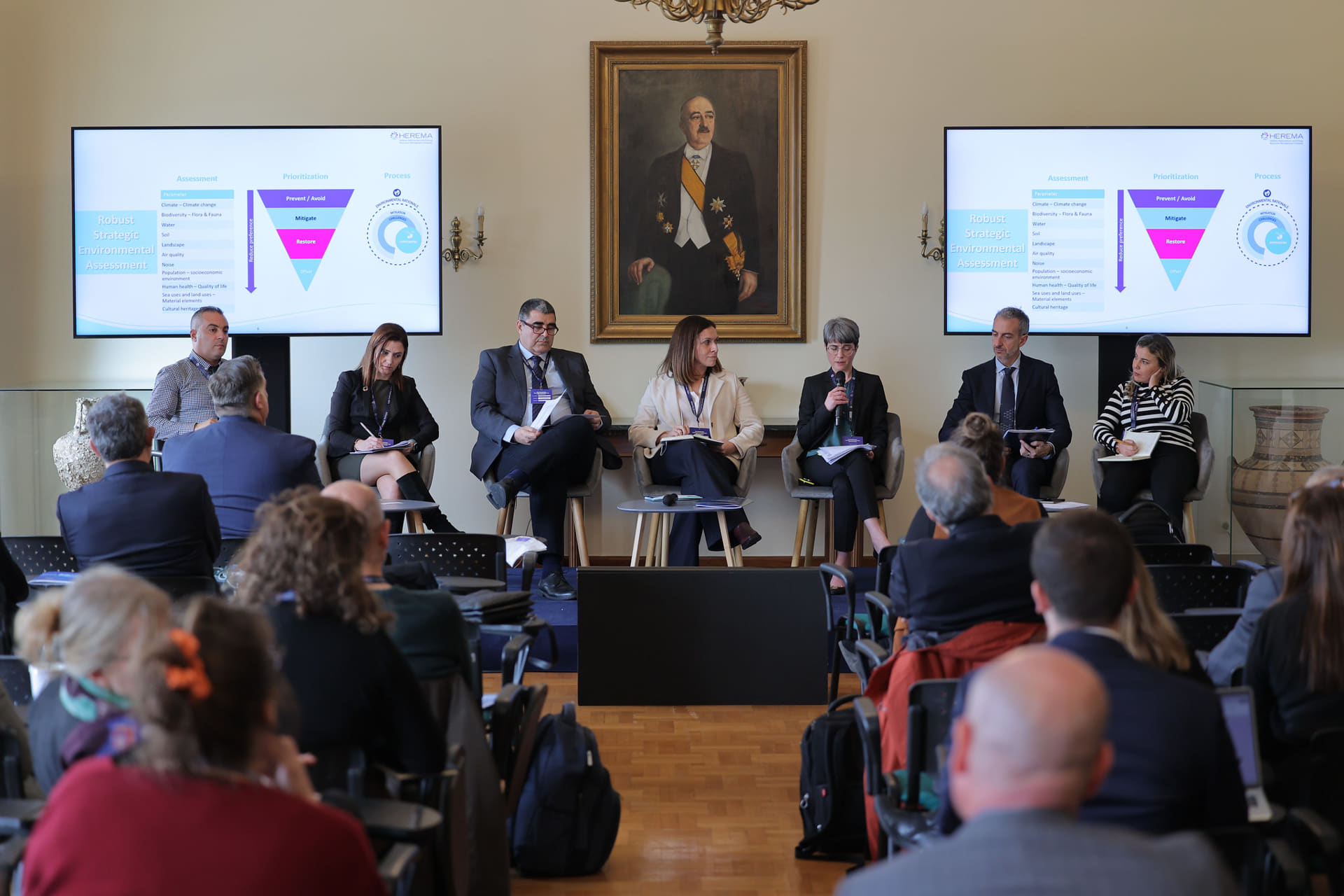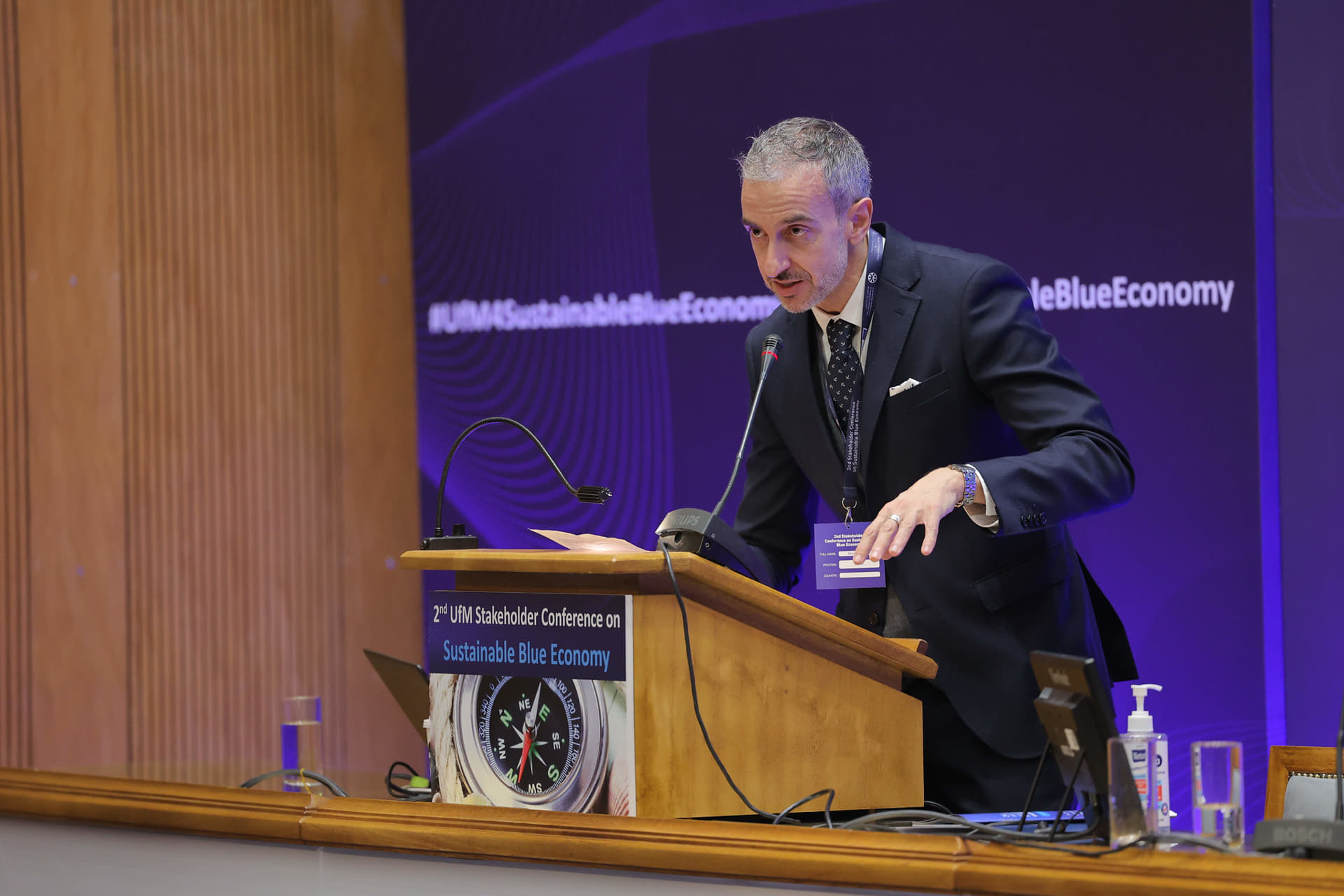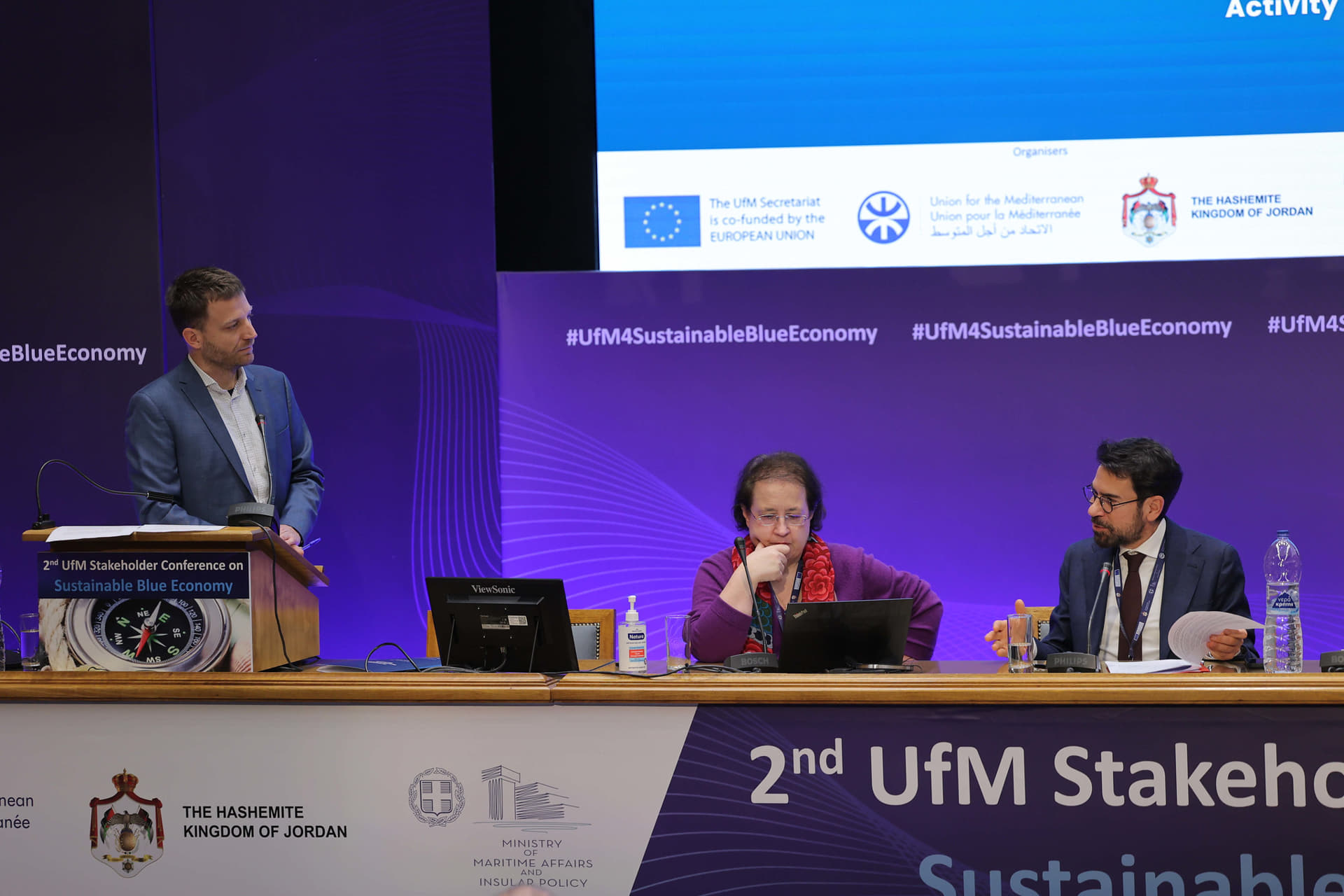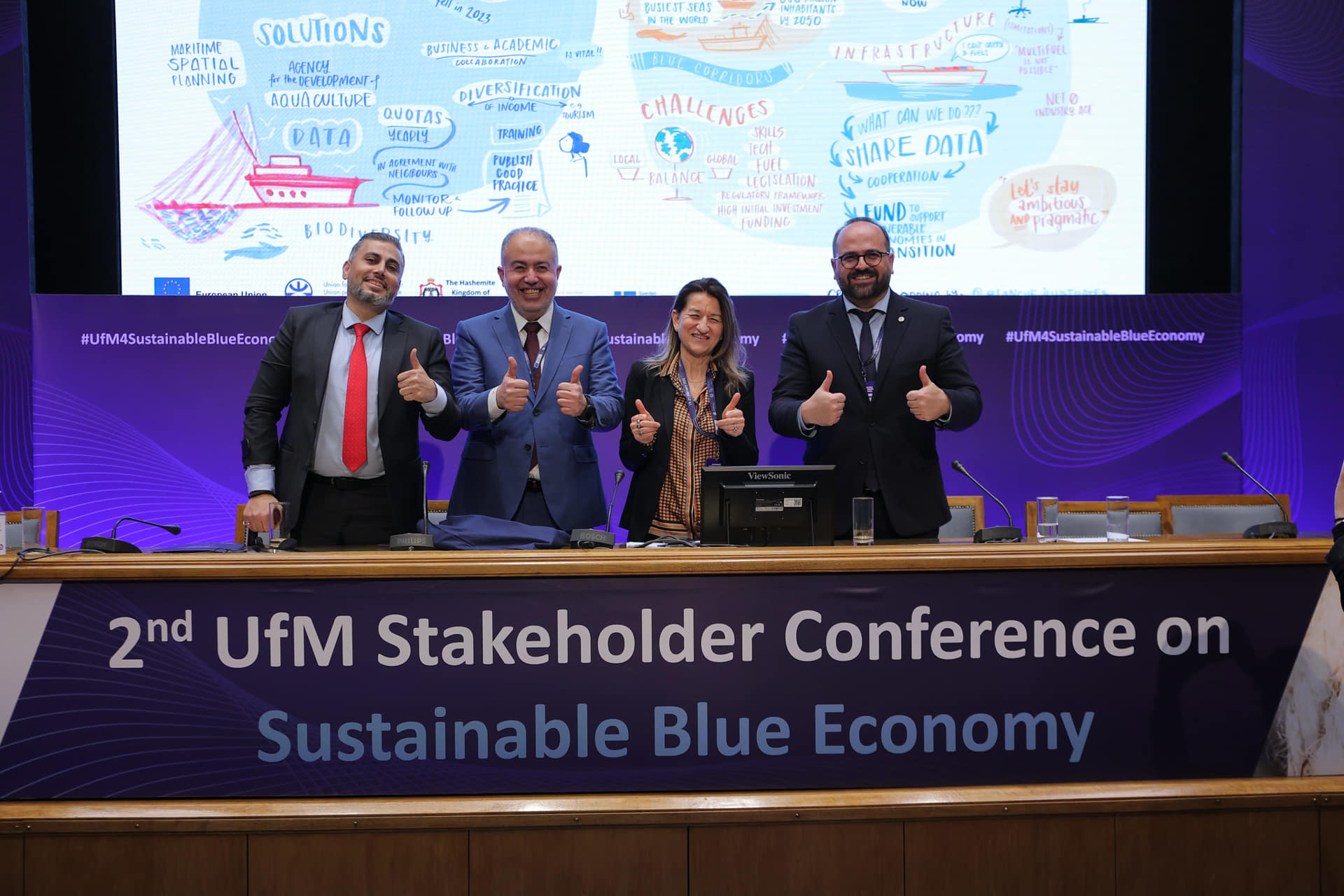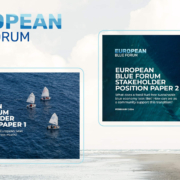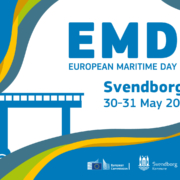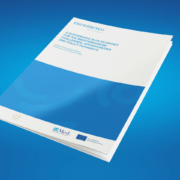l’Agence européenne de contrôle des pêches (AECP) soutient et met en œuvre le projet de l’Union européenne (UE) intitulé « Académie de formation régionale virtuelle méditerranéenne sur le contrôle et l’inspection des pêches (e-FishMed) », initié par la Commission européenne et financé par le Fonds européen pour les affaires maritimes, la pêche et l’aquaculture (FEAMPA, EMFAF en anglais).
Ce projet lancé en 2022 fait suite au projet « FIUUFRA » qui avait été mené dans le cade de l’initiative « WESTMED » et permis de préparer le projet eFishMed.
L’Algérie, la Libye, la Mauritanie, le Maroc et la Tunisie sont les pays bénéficiaires du projet, et l’initiative est soutenue par la France, l’Italie, Malte, le Portugal et l’Espagne.
L’académie virtuelle est essentielle pour harmoniser les activités de contrôle et d’inspection de la pêche et favoriser la coopération et l’échange de bonnes pratiques entre les pays du nord et du sud de la Méditerranée.
Depuis février 2022, l’AECP et les pays participants ont beaucoup travaillé pour que le projet soit couronné de succès.
Un référentiel de formation commun
Premier résultat tangible, un référentiel de formation commun pour les inspecteurs des pêches et les opérateurs des centres de surveillance des pêches (CSP) a été défini par l’AECP et approuvé par les pays participants. L’objectif est d’améliorer les activités de suivi, de contrôle et de surveillance en Méditerranée et dans l’Atlantique Est grâce à une meilleure compréhension commune des règles à appliquer aux activités de contrôle et d’inspection de la pêche.
Une plateforme d’apprentissage en ligne
Parallèlement, afin d’atteindre le deuxième résultat, l’AECP a conçu une plateforme d’apprentissage en ligne, destinée aux agents participant au contrôle et à l’inspection de la pêche des pays bénéficiaires d’e-FishMed. La plateforme héberge des modules d’apprentissage en ligne et d’autres supports de formation tels que des tutoriels vidéo, des manuels et des législations internationales, régionales et nationales. Grâce à cet outil, les inspecteurs des pêches et les opérateurs des CSP peuvent se former à tout moment et de n’importe où ! Actuellement, 159 agents des pays bénéficiaires utilisent déjà la plateforme et l’ambition est de continuer à croître.
Sessions de formation présentielles
À partir de septembre 2023, le projet a complété l’expérience d’apprentissage en ligne par des sessions de formation présentielles. Une session régionale de « formation des formateurs » a été organisée par l’AECP, avec le soutien de Malte et de la France. Cette formation visait à renforcer les capacités, les aptitudes et les compétences des inspecteurs des pêches participant à des activités de formation pour leurs pairs.
Deux sessions nationales de formation sur la méthodologie de gestion des risques ont également été organisées : l’une au Maroc conjointement avec le département marocain de la pêche maritime et l’autre en Tunisie conjointement avec la direction générale de la pêche et de l’aquaculture. Cette dernière a bénéficié du soutien de la France.
En juillet 2024, une autre formation régionale pour les opérateurs de CSP a eu lieu dans les locaux de l’AECP à Vigo. Au cours de cette formation, les participants ont eu l’occasion de partager leurs expériences et leurs bonnes pratiques et de visiter le centre de coordination de l’AECP.
Un programme d’échange pour les responsables de la pêche
Troisième résultat, le projet a permis la mise en place d’un programme d’échange pour les responsables de la pêche, au partage d’expertise et à la mise en réseau entre les pays du nord et du sud de la Méditerranée et de l’Atlantique Est. Une première édition du programme d’échange, soutenue par l’Espagne, a eu lieu à Madrid et à Malaga en avril 2024 et la deuxième édition, soutenue par la France, aura lieu à Etel et à Lorient en septembre 2024.
Indépendamment des résultats requis et obtenus par le projet, la valeur ajoutée du projet e-FishMed réside dans sa capacité à promouvoir davantage une coopération renforcée en matière de contrôle des pêches dans le bassin de la mer Méditerranée, à créer des réseaux, à renforcer la confiance et à être un forum d’échange d’expériences et de bonnes pratiques.
La valeur ajoutée d’e-FishMed a également été récemment reconnue dans la déclaration ministérielle WestMed du 23 juin 2023, qui a salué le partage de l’expertise et des meilleures pratiques dans le cadre du projet e-FishMed.
En outre, jusqu’à sa fin, prévue en janvier 2025, le projet continuera de produire et d’obtenir des résultats contribuant à une économie bleue durable et à la lutte contre la pêche INN.
Pour plus d’informations, contactez efishmed@efca.europa.eu
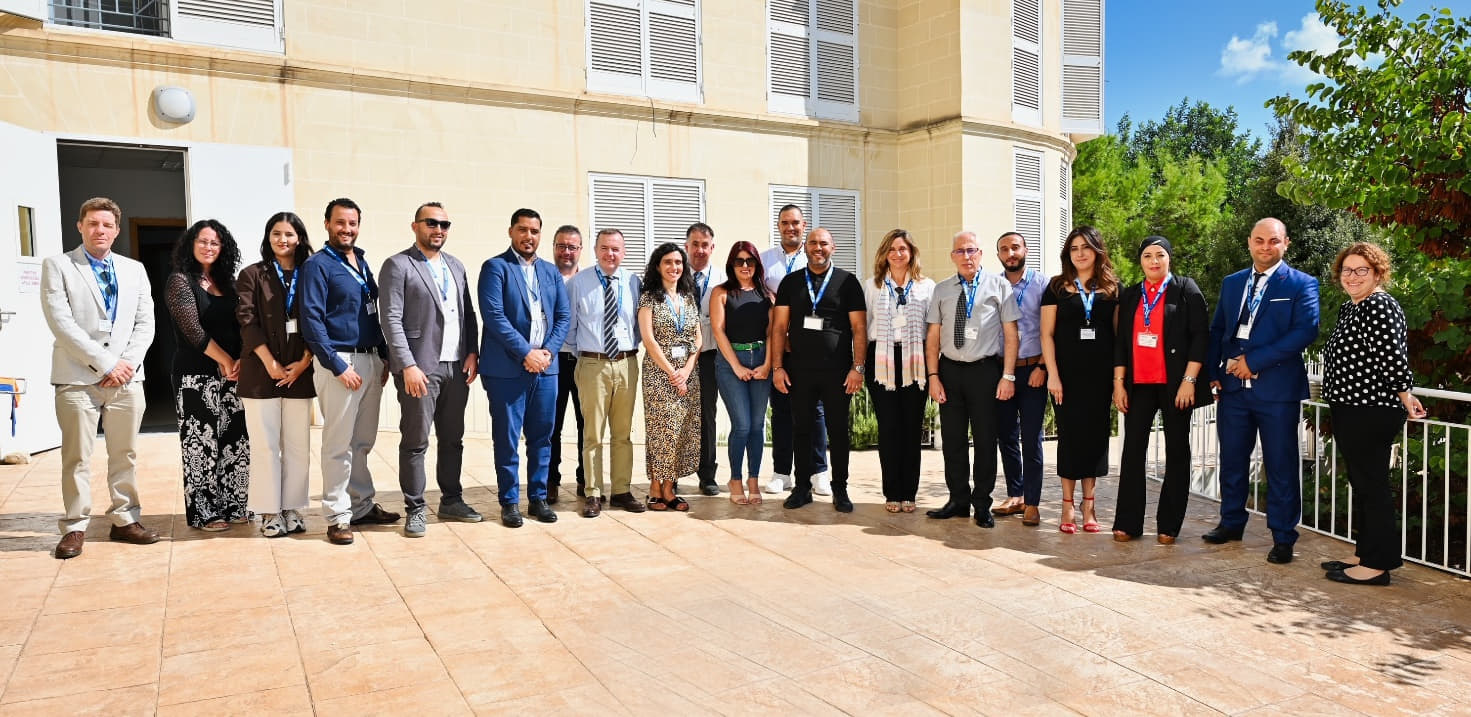
Atelier régional de formation des formateurs e-FishMed à Malte | 26 – 28 septembre 2023
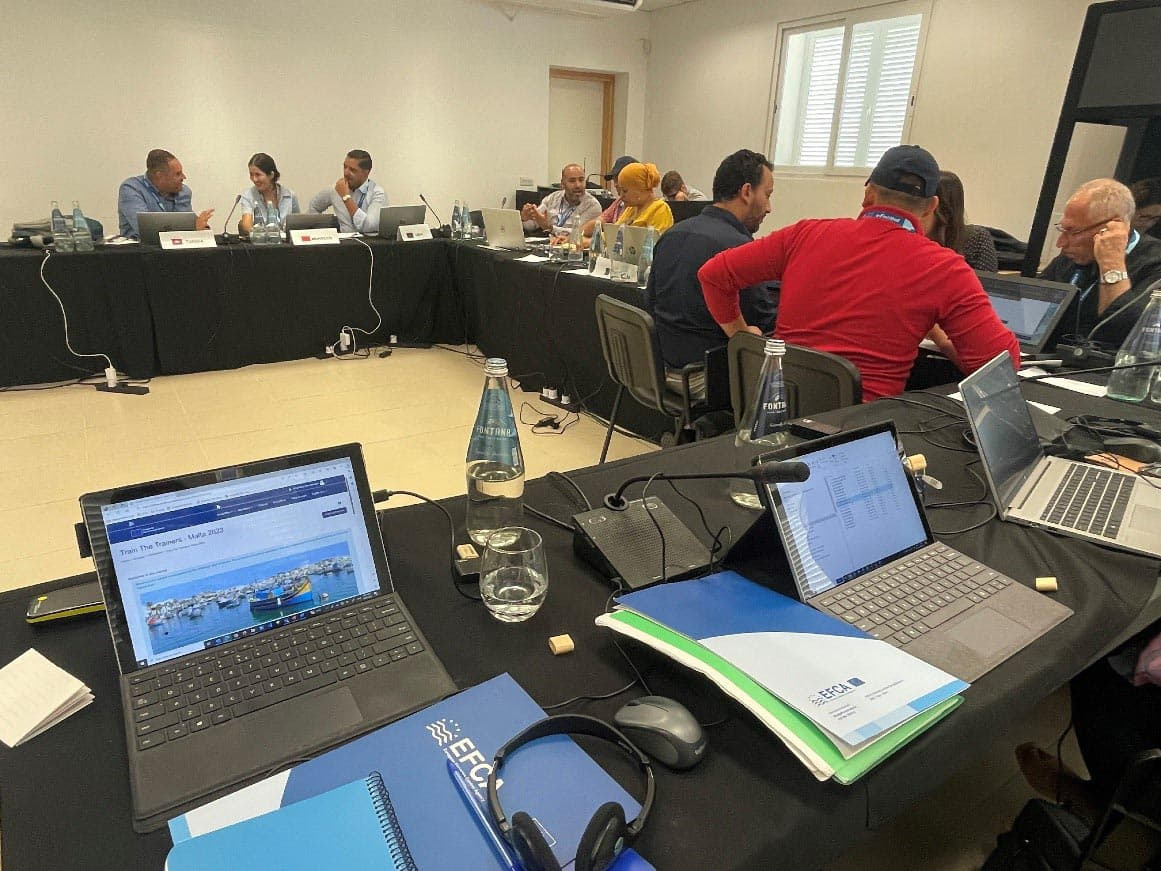
Atelier régional de formation des formateurs e-FishMed à Malte | 26 – 28 septembre 2023
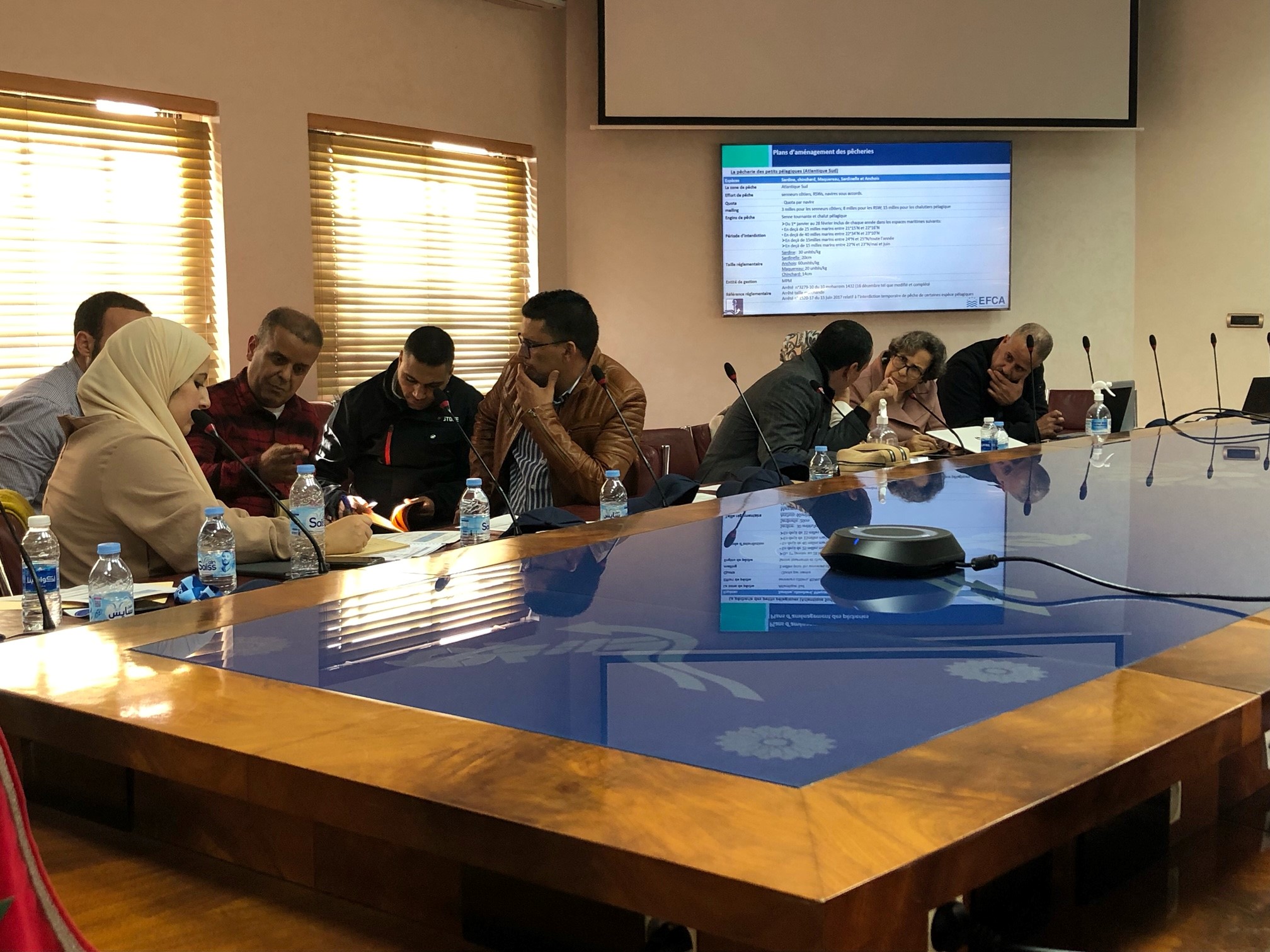
Formation nationale e-FishMed au Maroc | 12-14 décembre 2023
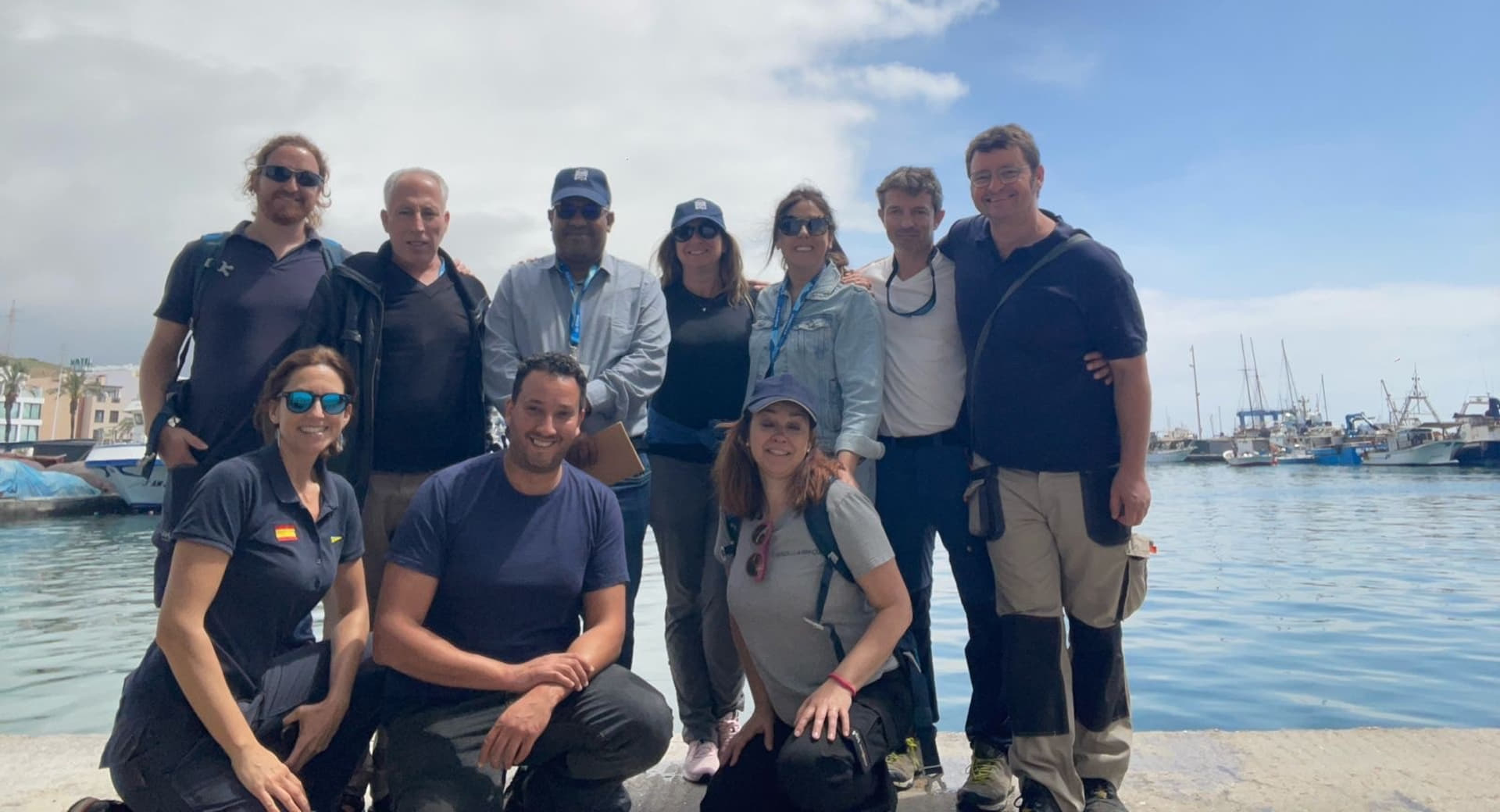
Programme d’échange e-FishMed en Espagne | 15-19 avril 2024
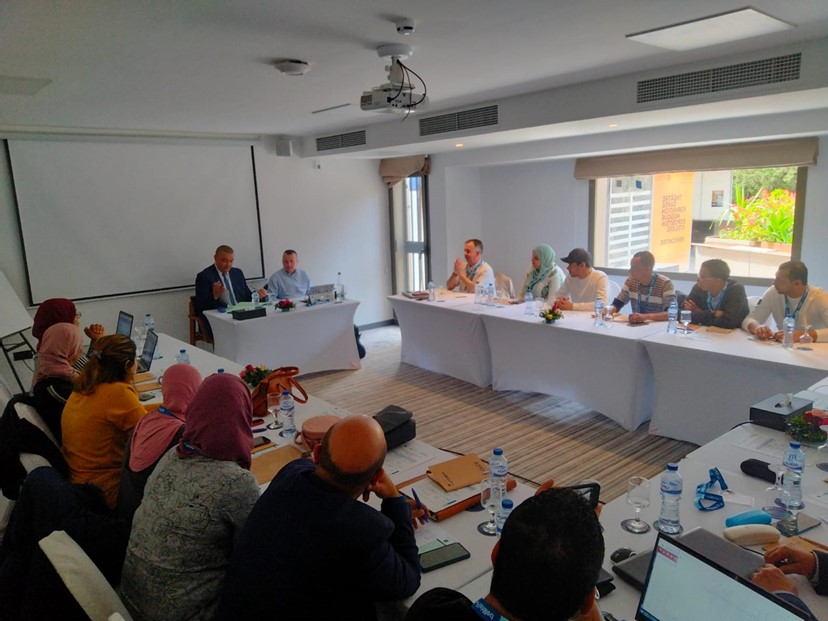
Formation nationale e-FishMed en Tunisie | 7-9 mai 2024

